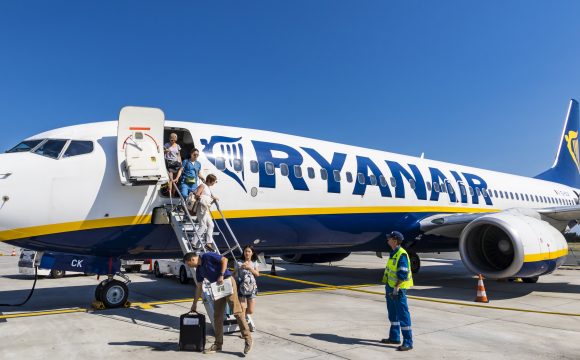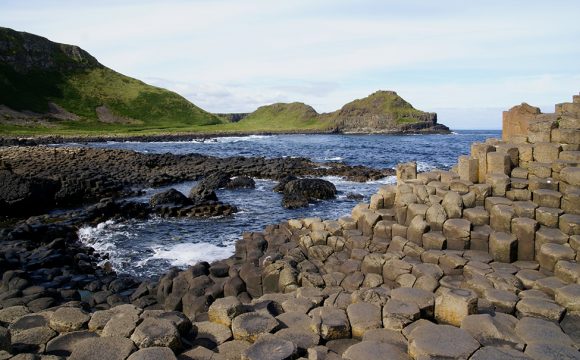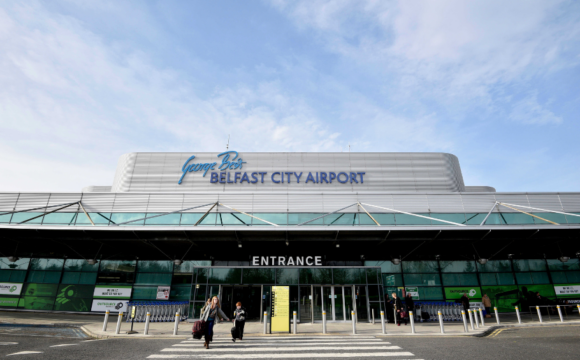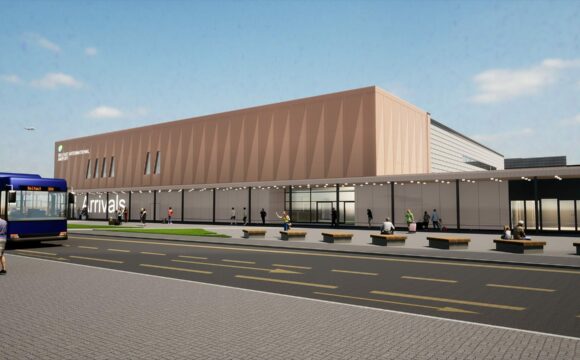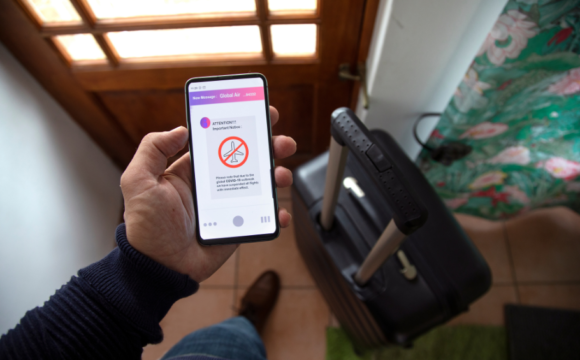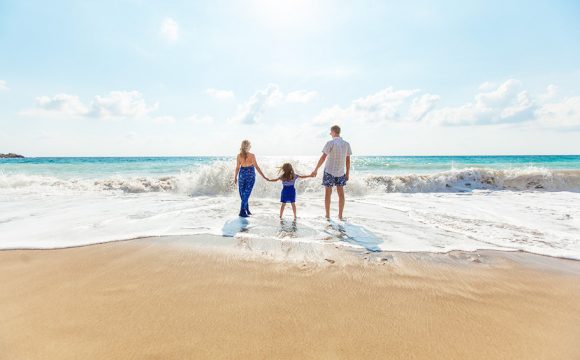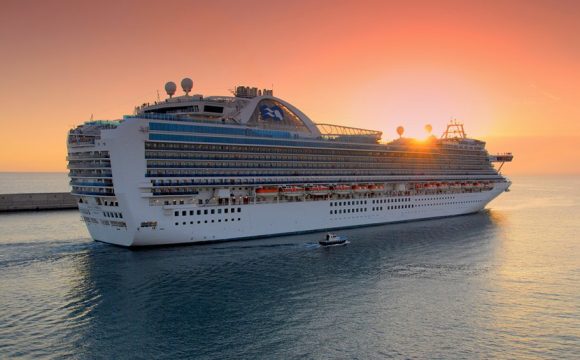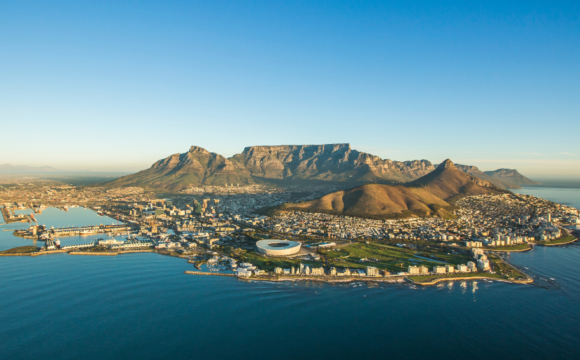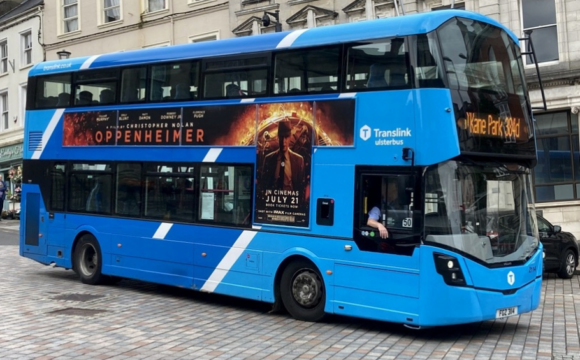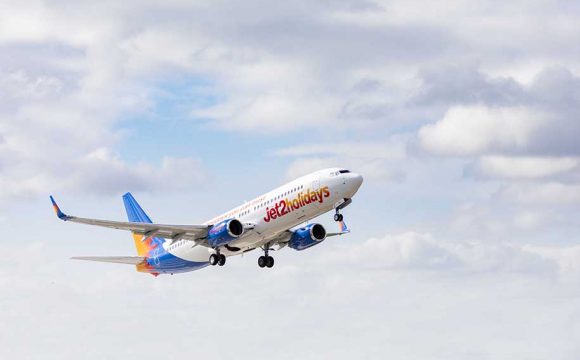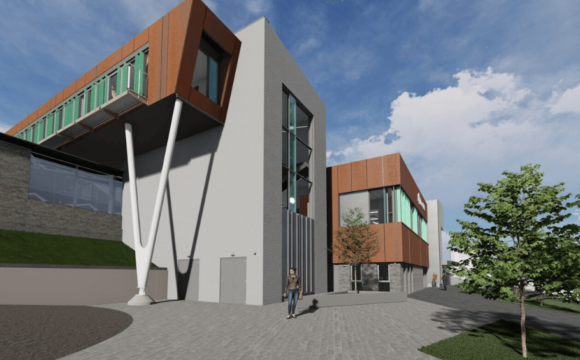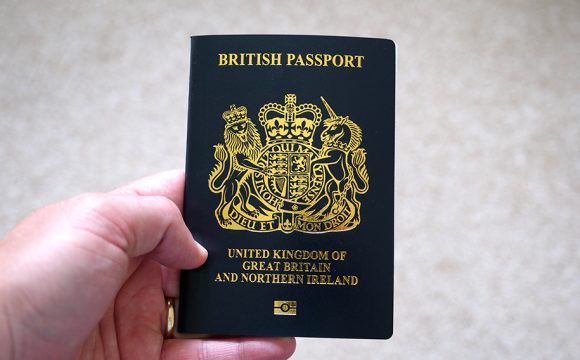Within three hours flight from the UK in Southern Tunisia lies a world so different to 21st century Europe that you might be forgiven in believing you were on the other side of the Globe or had travelled back to the times of Lawrence of Arabia.
It is the North African equivalent of the American old ‘Wild West’, a frontier territory onto the majestic Sahara Desert, where the nomadic peoples have only just stopped travelling, but still possess the same magnificent skills of their forefathers as camel and horse riders, and carry on and embrace a traditional way of life dating back countless generations. It is a vibrant tapestry of tradition as richly woven as the flowing garments covering all but the face worn by all here to keep out both the constantly shifting Saharan sands and baking sun overhead by day, and the contrasting chill of the desert by night.
At the Southern Tunisian oasis town of Douz, known as ‘the Gateway to the Sahara’, due to it being the last outpost before thousands of miles of desert, these traditions are on display at the spectacular Sahara Festival held each year just after Christmas. Where elaborate and dazzling parades, daring horse and camel races, and mock fights, are on display – by a people seemingly born in the saddle.
Lawrence of Arabia fighting on camel back in a desert linked to the Sahara – a thousand miles to the east – at time of the First World War would have recognised these fine skills displayed on these ‘Ships of the Desert’ as the camel is traditionally known. They would remain the fastest and most effective way to move around these vast wildernesses until the development of today’s 4 x 4 motor vehicles. Now 4 x 4 come in many shapes and sizes, but based on my observations over many days in the Sahara, together with several weeks previous experience on Uganda’s roughest roads, the king of the genre has to be the Toyota Land Cruiser.
In fact I am sure if Lawrence of Arabia could have chosen one of these seemingly unstoppable vehicles over his camel – he would have done.
FROM DOUZ TO TIMBAINE
It was aboard one such Toyota with two colleagues and driver- the magic Majid, nicknamed so due to the way he managed to make his Land Cruiser do the seemingly impossible time and time again, that I travelled over 100 kilometers from Douz into the Sahara. What passed as something resembling a road soon gave way to open desert and we found ourselves climbing up and down the sides of the larger sand dunes – while when it came to the smaller ones – simply going over the tops and down the other side it was like a boat in a rough sea and the bumpiest car ride of my life. The fact we survived several hours of this each day testified to the strength of these vehicles and surprised us passengers as to just how much punishment we could take.
We were heading to the Saharan tented village of Camp Mars at Timbaine to sleep under canvas, yes, camping in the Sahara, with no running water and only candles and torches for light by night. Truly in the middle of nowhere, soon we were suffering the withdrawal symptoms of us modern folk – not only was there no social media contact or internet connection – but not even any phone signal.
We were truly cut off from the outside world, something most travellers would have experienced on a regular basis only a couple of decades ago, but now in our Global Village of a World thanks to satellite technology, an increasingly rare event. However at Camp Mars we were not to go hungry or thirsty, in the large mess tent that night we were to experience true generous Tunisian traditional hospitality – wonderful spiced lamb with couscous enriched by olives, cooked in large clay pots cracked open by swords, washed down with some fine Tunisian wines, a legacy of the former French colonials.
Later outside under the clear starry Saharan Desert sky we gathered forming a circle around a blazing log fire to keep warm and listen to traditional music and song. That night a high wind crossed the Sahara shaking and pushing at the tents as we lay in camp beds under richly woven woollen blankets, candles flickering. HOW TO
GET THERE AND INFORMATION
Throughout Tunisia hotel accommodation and eating out is very good value and the cuisine is some of the best the writer has encountered, rivalling those of Southern Europe and the Lebanon. Some good local wines (legacy from the time the French ruled Tunisia), beers, and unique Tunisian liqueurs are available throughout.
For more information visit discovertunisia.uk, or contact The Tunisian National Tourist Office in London on 020 7224 5561


